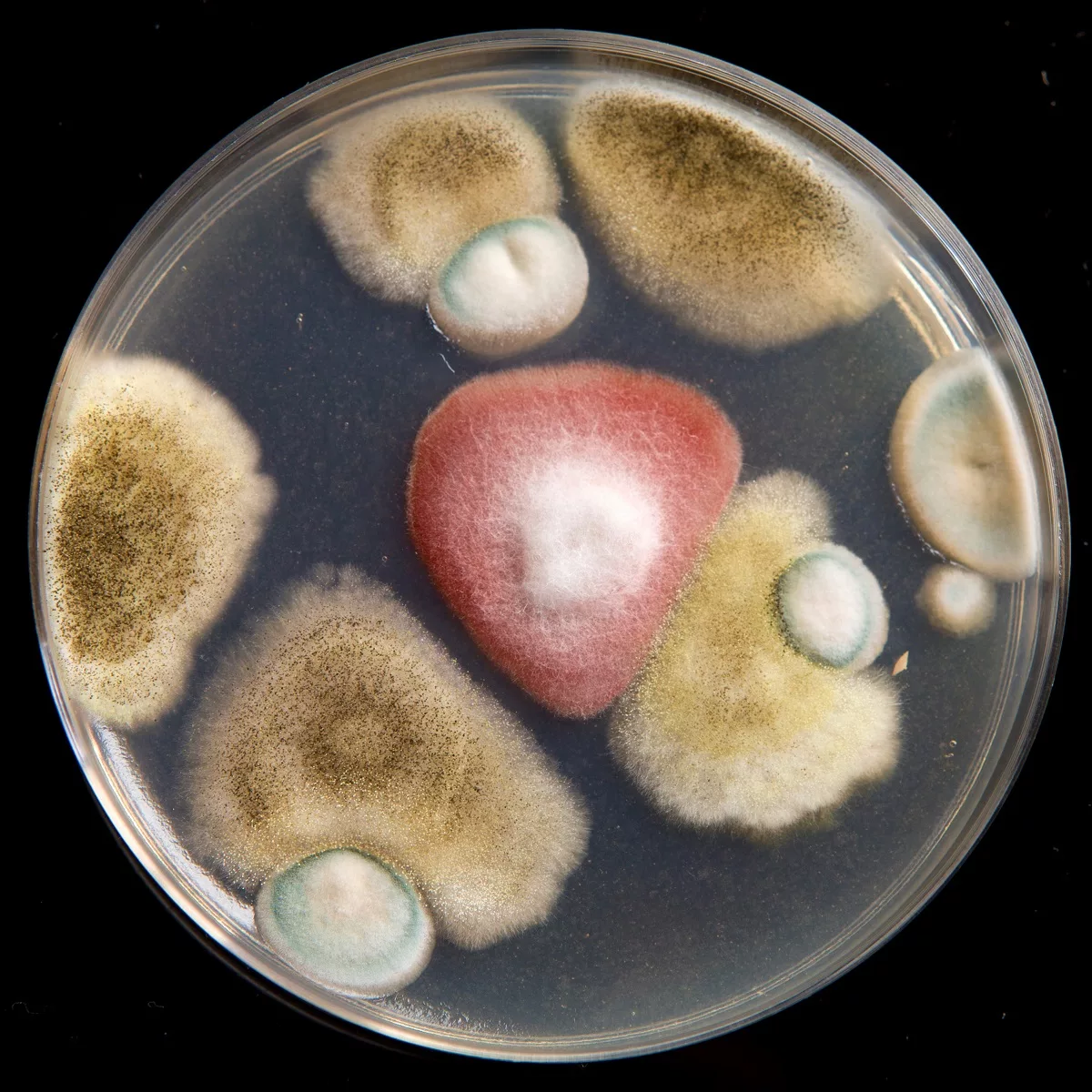A sexually transmitted infection (STI) caused by a parasite called Trichomonas is called trichomoniasis (trich). It is a common STI that often does not cause any symptoms. Fortunately, trichomoniasis is a curable condition, and doctors treat it with antibiotics.
This STI usually spreads to other people during sexual intercourse through semen or vaginal fluids. It is very important to get regular checkups for this condition, especially if you have multiple sexual partners. In most cases, an infected person unknowingly infects other people because it does not cause symptoms.
In general, trichomoniasis is the most common nonviral STI in the world. Roughly 3.7 million people get this infection in the U.S., and only approximately 30% of them develop symptoms.
Symptoms
The main reason this STI spreads easily is the large number of infected people. Moreover, about 70% of them do not have any symptoms. However, the symptoms may appear within 5 to 28 days after exposure to this parasite. Commonly, women experience symptoms. Nowadays, experts continue to study why some people have symptoms while others do not. Generally, the symptoms may be slightly different between men and women. For example:
Symptoms in Males
While males rarely experience symptoms due to this condition, they may include the following ones. Examples include:
- Discharge from the penis
- Burning after ejaculation
- Painful urination
- Itching or irritation inside the penis
Symptoms in Females
In most cases, females develop symptoms due to trichomoniasis (especially Black women). Check below some symptoms:
- Thin yellow, white, or greenish vaginal discharge with a bad odor
- Soreness, redness, or irritation around the vagina’s opening
- Discomfort or pain during sexual intercourse or urination
If you experience any of the previous symptoms, do not hesitate to see a doctor.
Causes
This STI occurs due to a small parasite called Trichomonas vaginalis. Moreover, it can be passed to other people during sexual activity, whether you have symptoms or not. Check below some ways you can pass the parasite to other people:
- Anal or oral sex
- Vaginal-penile or vaginal-vaginal intercourse
- Genital touching (direct skin contact without ejaculation)
However, it cannot spread by sharing drinks, food, utensils, or kissing. While this condition negatively affects the genitals, it may also impact the anus, mouth, and hands. Furthermore, poor hygiene and urinary tract infections (UTIs) cannot cause trichomoniasis. It is caused by a parasite, and this STI is very contagious.
Risk Factors
While this condition can affect anyone, some factors put you at increased risk of developing it. Check below some examples:
- Practicing unprotected sex (it is advised to use condoms or dental dams during sexual activity)
- Frequent new or multiple sexual partners
- A medical history of STIs
- Race – Black people are more prone to develop trichomoniasis compared to other races.
- Age – Females between the ages of 18 and 39 are at increased risk of developing trichomoniasis, according to a study from RIMSP.
- Smoking
- Intravenous drug use
What Are The Possible Complications of Trichomoniasis?
People who develop trichomoniasis may also experience some complications, especially if it is left untreated. Check below some examples:
- An increased risk of HIV infection
- Pelvic inflammatory disease (PID)
- Infertility
- Pregnancy complications (including premature birth, low birth weight, and premature rupture of membranes)
- Cervical changes
- Epididymitis (inflammation of the tube in the back of the testicle)
- Prostatitis
- Painful urination or ejaculation
- Recurrent infections
This document does not contain all possible complications of Trichomoniasis. In any case, it is very important to get treatment as soon as possible to prevent further complications.
How to Prevent Trichomoniasis?
Sexually active people should consider the following tips to prevent this condition. For example:
- Get regular tests and treatment for trich and other STIs
- Limit the number of sexual partners
- Practice safe sex (including the use of condoms or dental dams)
- It is recommended to engage in a monogamous relationship with one sexual partner
Diagnosis
Usually, the diagnosis of this STI begins with a physical and pelvic (for women) examination to check for abnormalities linked to the disease. They may also ask some questions about your medical history and symptoms. However, to confirm the condition, doctors may perform a laboratory test in which they get a sample of discharge from the penile or vagina.
Sometimes, physicians may prescribe antibiotics without performing any tests. It often occurs when your sexual partner has a confirmed trichomoniasis and you engage in sexual contact with him/her.
Treatment
The primary treatment for people with trichomoniasis is antibiotics. It helps kill the parasite that causes infection. It is important to know that this STI does not go away on its own, so you should get treatment as soon as possible. Otherwise, you may experience serious complications.
In most cases, healthcare professionals prescribe Metronidazole or Tinidazole. Take the medications exactly as recommended by the doctors. Moreover, you should not have sex for 1 week after finishing the treatment. Otherwise, the infection may return.
Do not drink alcoholic beverages while taking these antibiotics because they may lead to some unpleasant symptoms. These include nausea, vomiting, fast heart rate, heartburn, and a metallic taste in the mouth.
Frequently Asked Questions
Is trichomoniasis curable?
Yes, this condition can be cured with oral antibiotics. However, it is important to get treatment as soon as possible to prevent serious complications (such as female infertility).
When should I see my healthcare provider?
It is recommended to visit a doctor if you experience any of the following symptoms. Examples include:
- Foul-smelling discharge
- Vaginal redness, swelling, or soreness
- Pain during sex or urination
- Genital itching
In most cases, this STI does not cause symptoms. Get regular checkups, especially if you have unprotected sex or multiple sexual partners.
How long can a man carry trichomoniasis?
In general, males can carry this parasite for months or even years without symptoms. That’s why regular checkups are recommended. Leaving this condition untreated may lead to certain serious complications. Ask your healthcare professional if you have any other questions.




